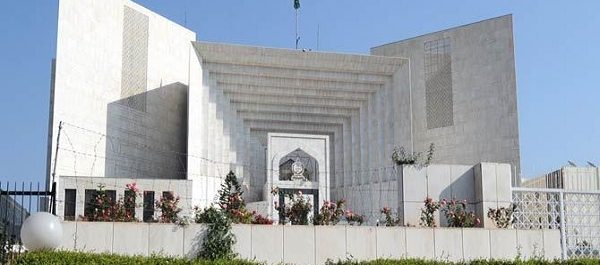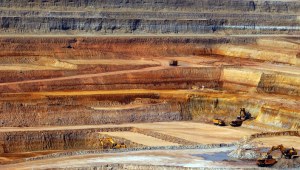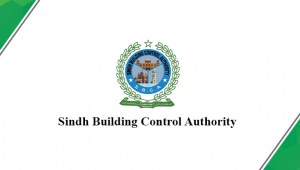Islamabad: The Additional Attorney General Nayyar Abbas Rizvi submitted a report on legal and illegal housing schemes in Pakistan before the Supreme Court, a news source reported. The report revealed that 5,492 housing societies in the country are still unregistered, illegal, or only existing on paper. Meanwhile, the number of registered or licensed housing schemes stands at 3,432.
The report was submitted before a three-judge bench of the Supreme Court headed by Chief Justice Mian Saqib Nisar. According to the report, Punjab has 4,098 illegal societies, Sindh has 1,066, Khyber Pakhtunkhwa has 208, and Islamabad Capital Territory (ICT) has 115, with Balochistan having five illegal housing schemes.
Out of the 3,432 registered societies, 2,620 are companies and 812 are cooperative societies. The court was also informed that a forensic audit of 2,690 housing societies had been completed. The report also noted that approved societies have made several changes in their approved plans without a subsequent approval, while others have sold land meant for amenities as plots.
In some cases, electricity connection approved for a society is also being used in its extension without payment of new demand notices, according to a report. In some cases, gas, electricity and other utilities/amenities were not available and balloting of plots had been done without the relevant approval by the regulator.
Other problems that the report warned of in the housing schemes included the non-completion of development work in prescribed time; establishment of societies without any land at all; no paved roads, or damaged roads; partial boundary, or partial security and sewerage systems.
On the matter of illegal housing societies, the report noted that their offices have been established inside the societies from where they are selling plots without the approval of authorities. These housing schemes operate with agricultural utility connections. However, they advertise through billboards and electronic media.
The report also highlighted that 26 housing societies had moved to the high court, challenging the forensic audit.








